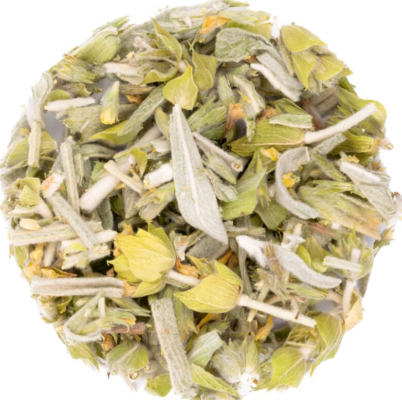It is believed that the leaves of the tea plant (Camellia sinensis in Latin) were first used to make a beverage in China around 2700 BC. Over time the practice found its way to all corners of the world through trade and travel. In accordance, the word ‘tea’ has it’s origins in China, but went through several deviations in form depending on the route it took.
The differences in pronunciation start with the many variations within the Chinese language, the two most important and lasting of which are “cha” in Mandarin and “te” in Min Chinese. Because traders from the Dutch East India Company held trading contacts in the city of Amoy (now Xiamen) on China’s Southern shores, they adopted the word “thee” (derived from Min Nan Chinese) and took the term back to large parts of Europe and former colonies like Indonesia. Tea was introduced to the British in 1644, who quite famously were and still are big fans.

Even before the Dutch started importing tea in de 1600s, the Portuguese had already been active in the tea trade since the 16th century. However, unlike the Dutch, they traded through the port of Canton (now Guangzhou) where the designated word was “cha” as derived from Mandarin. This explains why the Portuguese word for tea is chá while in neighboring Spain they say té. Asian countries like Japan and Korea similarly adopted the cha root, but this was more due to the proximity of the sound to their own language.
Earlier still, there existed a trade route out of China that ventured westward over land called the Tea Horse Road, sometimes referred to as the Southern Silk Road. Here the word “cha” underwent a Persian influenced transformation into the “chai” root form that made its way to parts of central Asia, Russia, and most of the Caucasus.
It needs mentioning that, several variations, exceptions, and cultural adjustments to these root forms exist as tea culture worldwide has flourished over time. A prime example is the use of “masala chai” in India where “chai” refers to the spices used rather than the tea itself.



